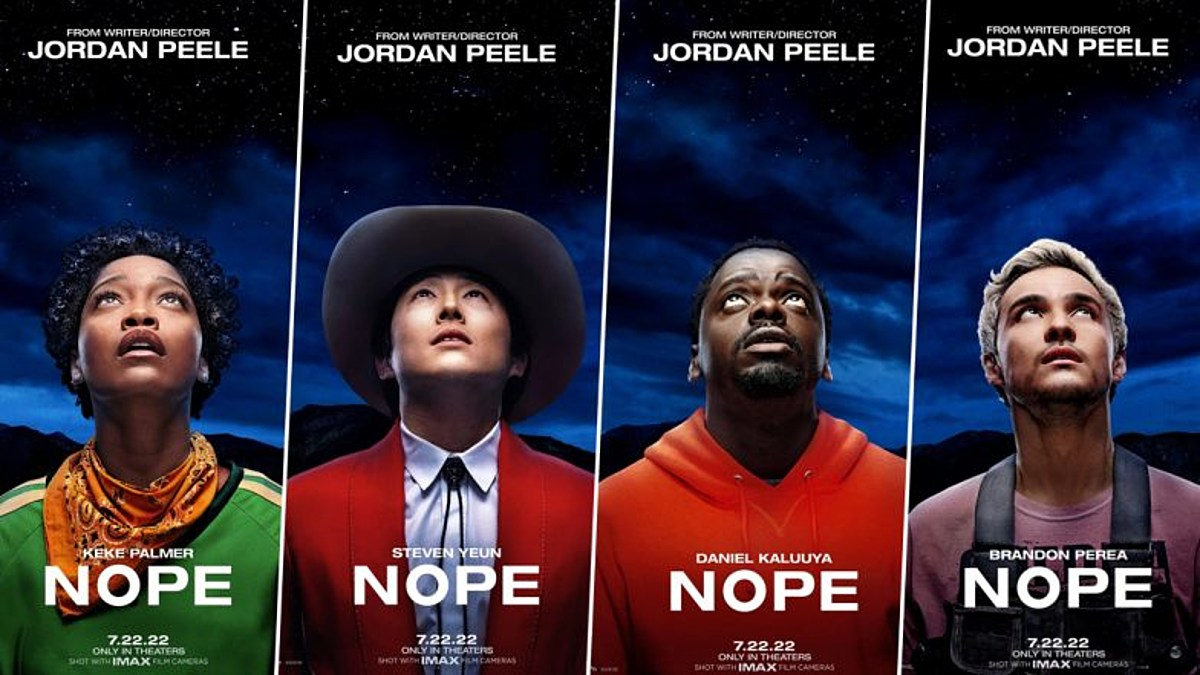Yadda yadda this review/analysis of a mystery movie will contain spoilers. If you were going to see it, you'd have seen it already what with it being the crown jewel of the internet at the moment, and this giant holiday break to watch Netflix during.
I am not here to bury or praise KO:GO. It's... fine. It's not a terrible, humorless, woke-fest. It's not the greatest movie of the year. It's a mild invigoration of the old murder mystery genre with rather good comedic actors and a workman-like script. It's about 90% as good as the previous Knives Out, and way less ambitious than Rian Johnson's actual murder mystery "Brick." The setting and camerawork are gorgeous but most of the characters are paper thin. I think everyone knows this and those claiming that KO:GO is at any extreme of the quality spectrum are probably selling something. I'm glad I watched it but unlikely to watch again.
(You could say there is some question about whether Knives Out and Glass Onion are really mysteries, given that "what murder is even mysterious" gets introduced late and "who the murderer is" is revealed with half an hour to go, so it's plotting has the pace more of a thriller... but honestly mystery as a genre is all over the map because of how often they are trying to twist the concept. Myself I've watched "Murder on the Orient Express" a dozen times and that certainly doesn't have a traditional whodunnit plot.)
I'm here to talk about *the* central metaphor of the whole movie: the glass onion.
Benoit Blanc spells it out plainly for us (as he does so many other things) : A glass onion has many layers to peel back, but really you could see through it the whole time.
This is not a subtle metaphor: it's the title of the movie, the shape of the mansion, the ornate sculpture in the opening set piece, the name of the bar in the backstory, and the logic by which Blanc determines who the murderer is.
Unfortunately, as a central theme and moral... it's a really uncomfortable one. "The truth is obvious on first glance. Any seeming complexity is just a ruse." That sure is, uh, some lesson to impress on people.
Now to be fair to Johnson/Blanc, it is textually stated that the glass onion is only the message of this movie. Other mysteries would presumably have other lessons (such as in KO1, when the woman who believes from the beginning that she committed the crime, did not.) It's okay for each movie in a series to have a different, pithy lesson that is confined to one episode. (And sometimes in life "look at what you are actually doing, and not the elaborate justifications around it, is a very good lesson to keep in mind. Always be making sure you aren't in the Milgram Experiment!)
But man, even in just this movie the theme sits awkwardly. As has been noted, the characters are largely empty stereotypes (exempting Ms. Brand), with no inner complexity and some secret counter-intuitive reason they would have committed murder: what you see is all you get.
This is epitomized in the very first set piece: 4 long time friends receive a mysterious box, and have a phone conference to decipher it's puzzles to get to the mystery prize at the center. The one pariah sits alone with the box, and after sulking for a few minutes she rips it apart with a hammer and just grabs the prize. "There are complex ways that distract people who are trying to engage, but the direct way just better and more enlightened." the scene is saying.
... but like, where's the fun in that? The friends were having a genuinely good time with their puzzling. Yes we can just bite the tootsie-pop to get to the center, but what are you missing?
(I could go so far as to call this theme an "anti-mystery" since it is antithetical to what the genre is supposed to be "about", but shrug, mysteries have played with "the answer was in plain sight" for a very long time already.)
This also contributes to the widespread impression that this is a particularly political movie. There's only two actually right-wing coded characters: the manosphere streamer and the celeb who says offensive things (and she's just dumb, not ideological.) Otherwise on team rich, there's a billionaire but he could be SBF as much as Musk, and there's a governor who speaks out loudly for climate justice, and a Black young scientist. And a bunch of rich people fighting another rich person is not exactly class warfare. (The victim is more left coded, but only in terms of characteristics not anything they do or say.) But when you add those politically charged stereotypes to a message of "all you have to do is judge someone on what you first see about them" it sure sounds like "crimes are always committed by your political enemies, never by your allies."
These do lack the nuance of KO1's social-justice-college-teen who spouts the right words but turns in the illegal immigrant when her tuition is at stake, but do not a political tract make.
The one nuance that remains, that trace of authenticity, is surprising support for Miles Bron. From Benoit's speech, you would conclude that because Bron is not a brilliant scientist himself, and he hires others to make his puzzles and mysteries and any scientific discovery that isn't dangerously unstable, that he has zero value to base his worth and empire on. It's all just lies and threats and stealing other's work.
Except the talent "find the talent in others and help it grow" is actually a really good talent? The flashback at the bar (which normally I would expect to be subjective and later re-interpreted by others, but I guess not in this movie) mentions how Bron took all these people striving with their dreams, but failing, and launched them into orbits of success. That's awesome! And you think organizing a puzzle game for your friends or hosting a weekend party is easy if you hire other people to write the mysteries? Logistics of party-running is a lot of work! In particular, it's described that both the streamer and the fashion icon were disgraced, and Bron supported them when no one else would, and found them platforms they later rebounded and flourished with.
These are, well, good and admirable skills. His threats and thievery and denial about his own invention definitely are not. But Benoit wasn't saying that Bron is a skilled man who misused his talents to hurt others, he's saying Bron has no talents at all, despite positive depiction of those talents early in the movie.








